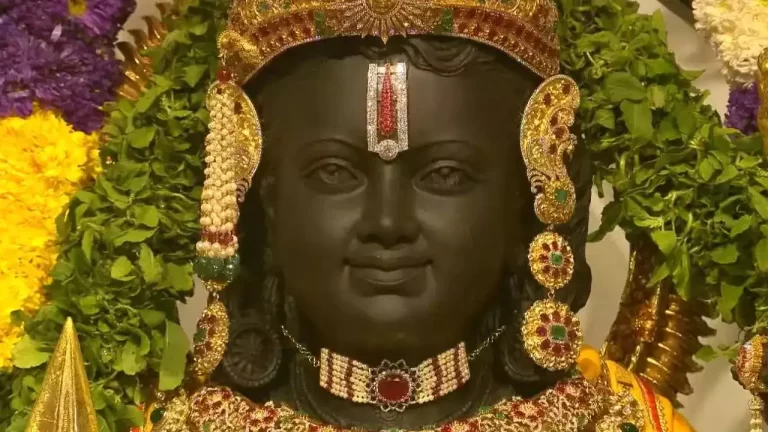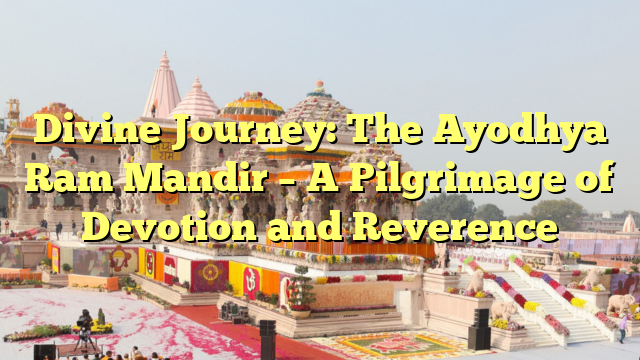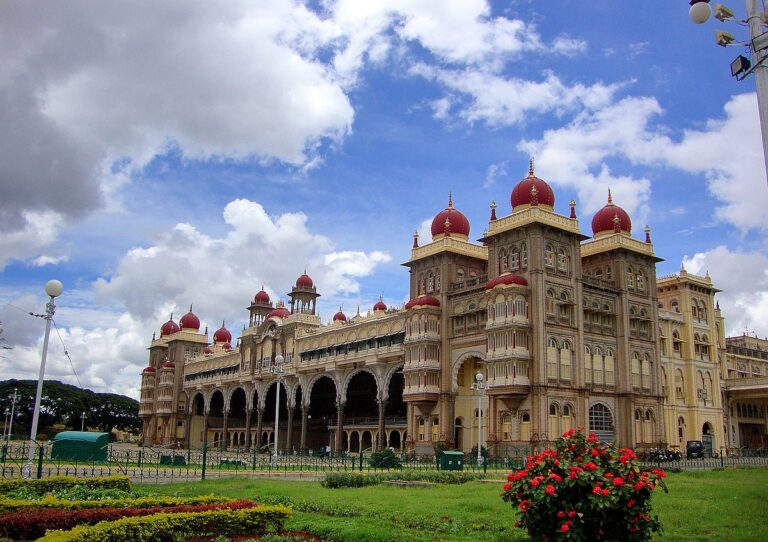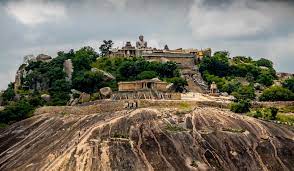Ayodhya: The Spiritual Epicenter of Uttar Pradesh
Ayodhya, a city shrouded in mythology and history, stands as a testament to India’s rich cultural heritage. Located in the northern state of Uttar Pradesh, Ayodhya holds immense significance in Hinduism as the birthplace of Lord Rama, the seventh avatar of the Hindu deity Vishnu. Beyond its religious importance, Ayodhya is a place where ancient legends intertwine with contemporary debates, making it a focal point of both spiritual devotion and socio-political discourse.
Historical Significance:
Ayodhya’s history dates back thousands of years, with mentions in Hindu scriptures like the Ramayana and the Mahabharata. According to Hindu mythology, Ayodhya was founded by Manu, the progenitor of mankind. It later became the capital of the ancient Kosala Kingdom ruled by several dynasties, including the Ikshvaku dynasty to which Lord Rama belonged.
The Ram Janmabhoomi Dispute:
In modern times, Ayodhya gained global attention due to the Ram Janmabhoomi-Babri Masjid dispute. The Babri Masjid, a mosque built in the 16th century by Mughal emperor Babur, was believed by Hindus to be constructed on the exact spot where Lord Rama was born. This led to a protracted legal and political battle over the site, culminating in a court verdict in 2019 that allowed for the construction of a Hindu temple at the disputed site, while also allocating land for a mosque elsewhere in Ayodhya.
Religious Tourism:
Despite its turbulent history, Ayodhya remains a prominent pilgrimage site for Hindus worldwide. The city is dotted with temples and ashrams dedicated to Lord Rama and other deities associated with his life, such as Hanuman and Sita. The Hanuman Garhi temple, dedicated to Lord Hanuman, is a popular attraction known for its massive statue of the monkey god and its panoramic views of the city.
Cultural Heritage:
Apart from its religious significance, Ayodhya boasts a vibrant cultural heritage reflected in its festivals, music, and arts. The city comes alive during festivals like Diwali, which commemorates Lord Rama’s return to Ayodhya after defeating the demon king Ravana. The Ram Leela, a theatrical reenactment of the Ramayana, is performed with great fervor during this time, attracting visitors from far and wide.
Conclusion:
Ayodhya’s legacy transcends its geographical boundaries, embodying the essence of spirituality, mythology, and cultural diversity. While it remains deeply rooted in its past, the city also grapples with the complexities of modernity and identity. As Ayodhya continues to evolve, it serves as a reminder of India’s rich tapestry of beliefs, traditions, and narratives, inviting visitors to explore its timeless allure and unravel the layers of its storied past.
In conclusion, Ayodhya’s significance as the birthplace of Lord Rama and its central role in Hindu mythology and history make it an indispensable destination for spiritual seekers and cultural enthusiasts alike. As it navigates the intersection of tradition and progress, Ayodhya remains a beacon of hope, resilience, and reverence for millions around the world.







